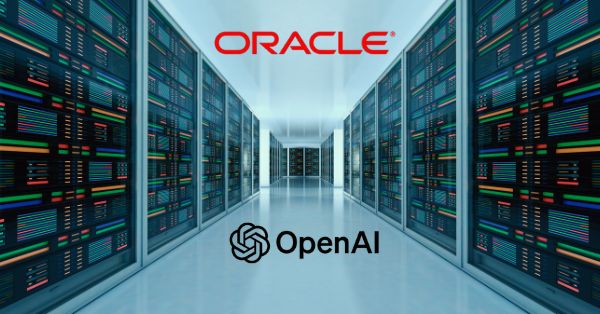Incorporating AI into Network Management
Orange has successfully integrated Augtera’s Network AI platform into its Network Operating Center (NOC) tools, marking a significant advancement in network management technology. This strategic move comes after a comprehensive two-year production trial which highlighted the potential of Artificial Intelligence/Machine Learning (AI/ML) in transforming network operations.
Major Reduction in Network Alarms
The introduction of Augtera’s AI-driven platform is set to revolutionize the daily operations at Orange’s NOC by reducing the number of alarms by 70%. This reduction is achieved through Augtera’s advanced auto-correlation features, which are informed by an in-depth understanding of network topology.
Proactive Prevention of Network Failures
Augtera’s Anomaly Detection technology plays a crucial role in enhancing service quality by identifying potential incidents before they occur. This proactive approach prevents downtime and significantly improves the overall customer experience.
Scheduled Rollout Across Global Networks
Starting in April, Orange plans to implement this technology across its Global Networks, which encompass a Tier One IP network service operating across 100 countries with approximately 800 Points of Presence. The full integration is expected to be completed by the end of 2024.
Insights from a Prolonged Trial Phase
The trial phase involved extensive testing across multiple networks, including the French Backbone and Orange’s SD-WAN Network. This period allowed for the evaluation of Augtera’s technical capabilities and the assessment of the business value of AI/ML across various use cases.
Enhanced Operational Efficiency and Customer Experience
The successful reduction of alarms by 70% allows network operations experts at Orange to concentrate more on significant incidents, enhancing their ability to act proactively. This streamlines operations and helps identify network issues before they impact customers, thus elevating the customer service experience.
Integration with Orange Private Cloud
Augtera’s platform is seamlessly integrated with the Orange International Networks within the Orange Private Cloud. This integration enables the capture and analysis of network topology and various network-related data. Augtera uses this data to build sophisticated machine learning models on-premises, which include unsupervised and online learning models for anomaly detection and auto-correlation.
Commitment to AI Innovation
Jean-Louis Le Roux, Executive Vice President International Networks at Orange, expressed satisfaction with the trial outcomes and confirmed Orange’s commitment to integrating AI technologies within its operations. He highlighted the move as a key part of Orange’s strategy to adopt cutting-edge technology to enhance operational efficiency and predictability.
Augtera’s Industry Leadership
Rahul Aggarwal, Founder & CEO at Augtera Networks, noted the significance of their collaboration with Orange, emphasizing the strength of Augtera’s AI algorithms and their ability to deliver substantial business benefits to network operators. This integration not only demonstrates the capabilities of Augtera’s platform but also reaffirms Orange’s position as a pioneer in adopting AI/ML for network operations.
Enhancing Network Management with AI and Google Cloud Collaboration
Orange’s recent integration of Augtera’s AI platform into its network operations is complemented by a broader strategic initiative involving Google Cloud, as announced earlier. This expanded collaboration focuses on deploying artificial intelligence and gen AI technologies closer to operations and customers across multiple countries and industries. The enhanced partnership will leverage Google Distributed Cloud (GDC) to address local cloud requirements and accelerate AI adoption, fostering an open, value-driven approach.
The use of GDC allows Orange to run sensitive network data and AI workloads on-premise, which is essential in regions with strict regulatory requirements. This will likely support Orange’s network planning and root cause analysis by automating reporting, classification, and analysis tasks. Moreover, Orange aims to enhance operational efficiency and customer experience by utilizing gen AI models in various on-premise environments, integrated with similar Vertex AI services on Google Cloud.
This initiative highlights a deepening of Orange’s commitment to AI, which is seen as pivotal to enhancing network reliability and customer interactions. The integration of these technologies is expected to provide Orange with advanced capabilities for managing high-volume data, such as over one petabyte a day of network telemetry, directly within its own data centers. This approach not only meets local regulatory standards but also boosts performance and reduces latency for critical operations.
Overall, this collaboration with Google Cloud underscores Orange’s strategic focus on AI to drive value creation across its services, promising a significant impact on network management and customer satisfaction as these technologies are rolled out globally.
































